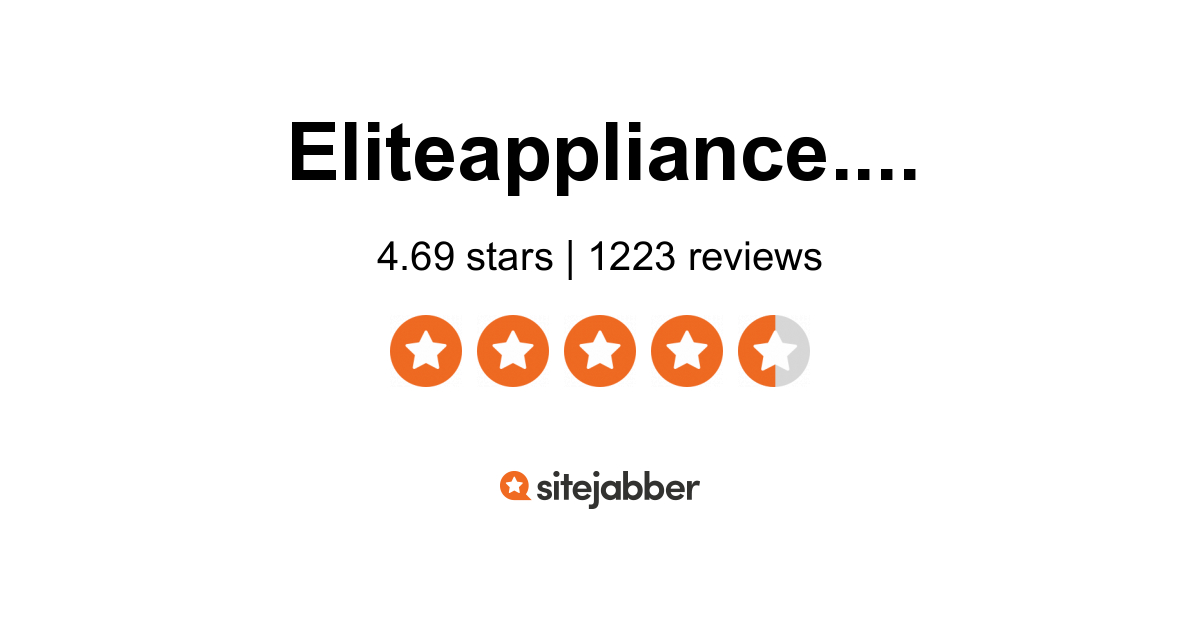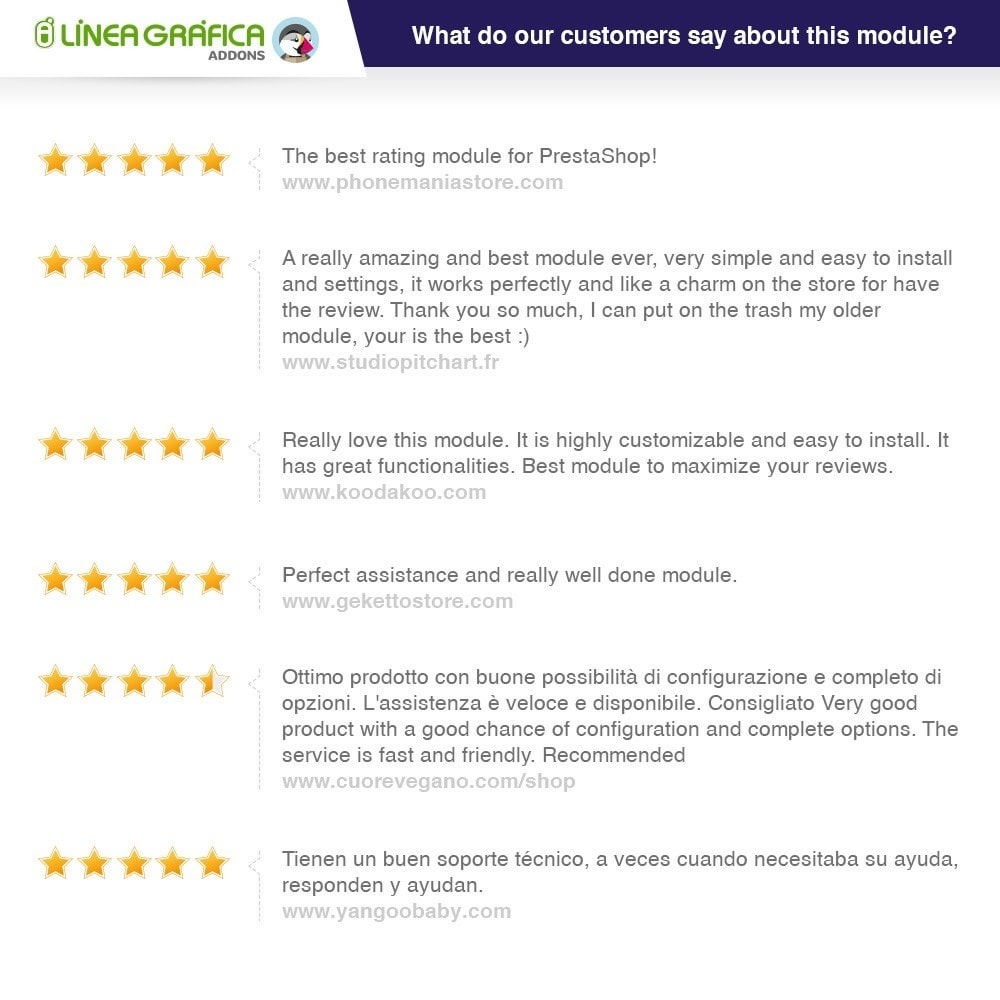
ERP Software is an invaluable tool for managing your company. It can help you track the acquisition, depreciation, and disposition of all assets in your business. It also helps managers gain an insight into different functions of their business. It supports integration with other accounting applications. We'll be discussing the most important features of an ERP software in this article.
Investing in ERP Software
It is a great way to improve efficiency and cut costs. This software enables your company to streamline processes and increase productivity by automating repetitive tasks. It also allows you and your employees to share business requirements between projects and departments. This allows you to identify and improve operational efficiency. To ensure that your new system meets your business needs, you need to decide on criteria for the system and define the requirements for the implementation.
ERP software can be expensive so it is important to calculate all costs. Software licenses are not the only costs. You also have to pay support fees and maintenance. ERP software customization requires skilled professionals and IT staff as well consultants. It is common for companies to underestimate the amount of time and resources needed to complete this process.

Costs
The cost of ERP software is largely determined by the features and customization needed. Many vendors offer a variety of pricing plans. Some can even customize the software for your business. But, it is important to consider the costs of installing the system. These include training and maintenance.
The business analyst creates a Software Requirements Specification document (SRS), which includes core information about the product. It makes developers' job easier and helps determine the costs of an ERP system. The discovery phase usually consists of sprints and milestones. It involves designing the right architecture, database, and integrations for an ERP system.
These are the features
ERP software has features that make data more accessible. One example is the ability to drill down into an account and report to see how individual transactions affect the overall account. The drilldown option can also give a full audit trail on a transaction. This is important to determine if a specific transaction had an adverse impact on the organization.
ERP software has the ability to automate everyday tasks. This allows teams the freedom to concentrate more on high-value deliverables than on tedious, time-consuming tasks. Marketing can easily run a daily website traffic report without needing to manually enter data. Accounting, on the other hand, can instantly see sales data for one week. An ERP is a great tool for managers to quickly and accurately assess their organization's health. Dashboards provide a quick overview of the key performance indicators for a business, and allow users to drill down into details with just a few clicks.

Implementation
ERP software implementation requires significant time and energy. Employees must continue to perform their regular duties while learning how to use new ERP software. This training phase can be either long or short depending on how large the company is. Prioritizing the training is crucial to give employees feedback.
ERP software can help increase productivity and automate work processes. It also increases the organization's recognition among clients. The software is not cheap and can cost upwards of five figures.